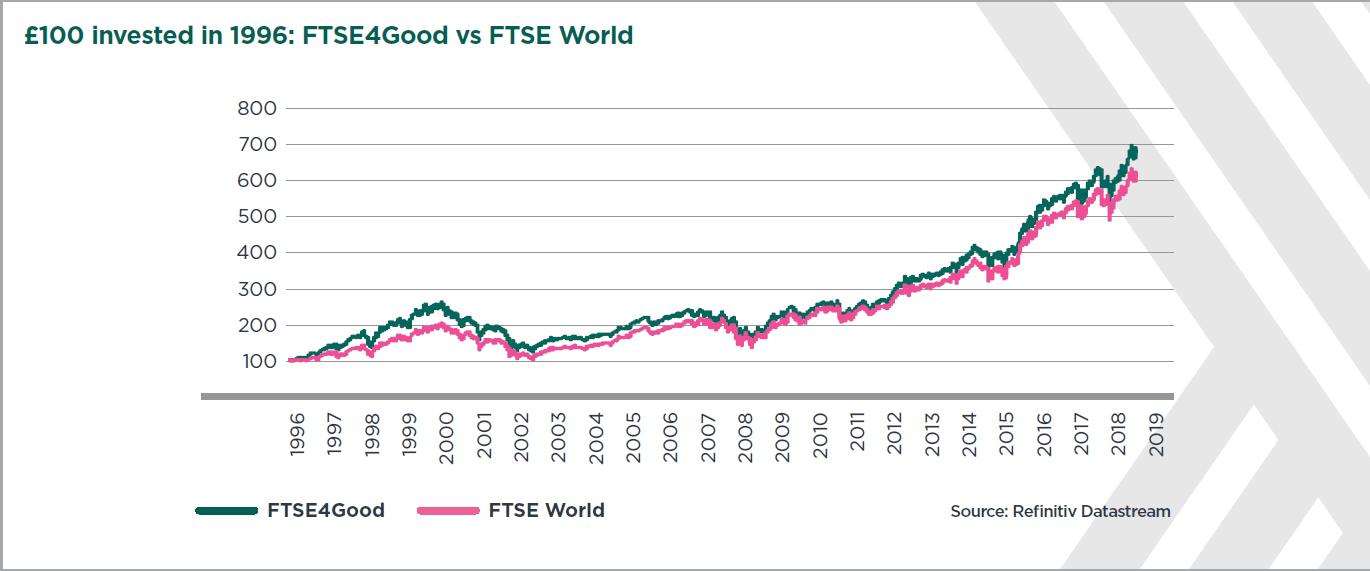Investment Outlook: A Vision for 2020
Investment Outlook: A Vision for 2020
31 Jan 2020
Alasdair Gill reviews 2019 investment markets and proposes a ‘spring clean’ of portfolios for 2020 to build in more resilience against market downturns.
DB pension schemes endured a turbulent year in 2019, with the relatively benign growth markets being overshadowed by large moves in gilt markets, impacting funding levels (particularly for schemes with low levels of liability hedging). Late summer was particularly challenging, when yields on long dated UK Gilts fell below 1% for the first time in living memory (see chart).

For trustees and investment committees, there were a range of regulatory matters to attend to, in particular, new Regulations on the Statement of Investment Principles, and the CMA Order requirements to set objectives for investment consultants. This all took up agenda time, and so (hopefully) 2020 will be a time to resume the focus on making sure your investments are working in the best way for your scheme.
So what should we be concentrating on?
Amongst the variety of issues that will inevitably crop up it will be good to spare some time to consider the following three areas of focus during 2020:
-
Liability hedging and RPI Reform
-
Reviewing your diversification – are your DGFs delivering?
-
Investing sustainably – are you doing enough?
1. Liability hedging RPI reform
The consultation on RPI reform is opening on 11 March 2020. This issue could have far reaching consequences for many pension schemes, in particular those that offer benefits linked to CPI, and for those that invest in index-linked gilts. Our December 2019 note covers this in more detail, but put simply the prospect of RPI’s calculation method changing to align with CPIH some time in the next 5-10 years will change the valuation of most Scheme’s benefits, as well as potentially having a big impact on the asset portfolio, and liability hedging structure. Trustees will need to understand the likely impact on their scheme, the potential impact in different scenarios, and then take a view on how they should position their liability hedge. We expect this to be a material issue for many Trustees, particularly those with high levels of inflation hedging and CPI based pension increases.
2. Reviewing your diversification
On the growth portfolio side, whilst 2018 was tough for many diversified growth funds, 2019 saw some recovery and generally better returns, buoyed in particular by strong equity markets (see charts).


So what should Trustees be focused on as we move into 2020? Many will be pleasantly surprised by better returns in their DGFs, but we would beg the question as to how diversified the better returning funds were – is this just the equity market beta delivering? How protected would you be in a downturn? We would encourage Trustees to ensure that your growth portfolio is truly diversified between discretely different return drivers.
It may also be time to consider more contractual income based investments that can both reduce volatility and produce a higher yield to the portfolio, without necessarily compromising on return potential. Such portfolios are growing in popularity as many DB Schemes in particular are becoming more cashflow negative as they mature.
3. ESG and sustainable investing
Trustees will have considered how they manage Environmental, Social and Governance risks in 2019, when reviewing their Statements of Investment Principles. Reporting on this will commence in 2020 and so this will remain on the agenda, particularly in the UK as the UN Climate Change conference (COP26) is held in Glasgow in November. We strongly believe that Trustees should be looking to opportunities to harness a more sustainable investment policy to capture new investment opportunities, and not just see this as a risk management exercise.
So is there any evidence that a sustainable approach can deliver? Increasing bodies of research are showing that investments that engage on ESG and sustainability matters can be successful in delivering added value. In addition, even relatively straightforward tilted index approaches have historically delivered returns higher than the broader market, as is shown in the chart below.
At XPS Investment, we are focusing our research efforts on identifying more sustainably focused investment managers. We believe a sustainable approach can deliver strong risk adjusted returns by focusing on assets, companies and industries that are potential beneficiaries of the seismic changes that will be taking place in our economies as a result of society’s transition to less carbon intensive living. This is one of the defining issues of our time and is not going to go away.

Summary
Trustees and investment committees will have plenty on the agenda for 2020, and we urge Trustees to focus on value adding issues rather than compliance-led activity.
The reform of RPI will require attention to be directed to each scheme’s inflation hedging nuances, so that Trustees are prepared when this issue gets resolved.
Whilst growth portfolios may have delivered better returns this year, 2020 would be a good year to ensure the growth portfolio is suitably diversified and resilient in any potential future downturn.
Finally, building on the work on ESG last year, Trustees should consider how to build a more durable growth portfolio that is set up to thrive as society transitions towards a more sustainable economic model.
For further information, please get in touch with Alasdair Gill or speak to your usual XPS contact.
- Register for events
- Join our mailing list
Register for events
We enjoy hosting a wide range of events for pension scheme trustees, corporate sponsors, independent trustees, and pensions professionals.
Join our mailing list
Keep up to date with our latest news and views including pension briefings, XPS insights, reports and event invitations.



